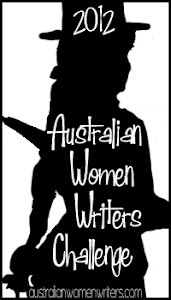The Finkler Question – part two – why I hated the Man Booker 2010 prize winner
4 Feb 2011
Last night was bookclub. We discussed The Finkler Question. I have already declared my hatred for it. I won’t finish it. What did the rest of us think?Interestingly, only three members had actually finished. One remained determined to finish, as she was given the book as a gift. Fair enough. However, the consensus in the group was that the characters are so unlikable, and the narrative so buried in the inwardly focused dissection of the ‘Jewish’ question, that there was little opportunity for the reader to actually reflect on the question itself. There was a level of admiration for the evocation of the ceaseless, restless interrogation of the question by Treslove into what it meant to be Jewish. Overwhelmingly however, the self-reflexive demonstrative style which mirrored the self-examination and the constant re-visiting of the Jewish question, was part of what made The Finkler Question so difficult to read and so unsatisfying. This is a book that threatened by the weight of its own positing of pre-suppositions, could at any moment just disappear into itself.
Our resolve by the end of the discussion was to research positive and negative reviews of The Finkler Question to gain a wider perspective and also to examine the criteria for the Booker Prize.
(If any of us have a spare ten minutes. Highly unlikely.)


Feb 09, 2011 @ 14:38:44
Not sure if I am allowed on here after being on the other side of the Houellebecq/Roth divide (mind you I am sure we will agree at some stage about the latter)
The thing that throws me most of all about Finkler is the “funny” description – probably the least accurate of all the adjectives thrown at it.
Feb 21, 2011 @ 15:34:34
I think the only funny part at all was the scenes of Hephzibah cooking for Treslove, with all her boiling steaming cauldrons on the stove; serving cold food at the end of it.
That made me laugh.
The rest, did not.
Feb 04, 2011 @ 13:52:26
Bloomsbury describes The Finkler Question as ‘A scorching story of friendship and loss, exclusion and belonging, and of the wisdom and humanity of maturity. Funny, furious, unflinching, this extraordinary novel shows one of our finest writers at his brilliant best.’ That may serve to get the book bought, but clearly doesn’t contribute to getting it read.